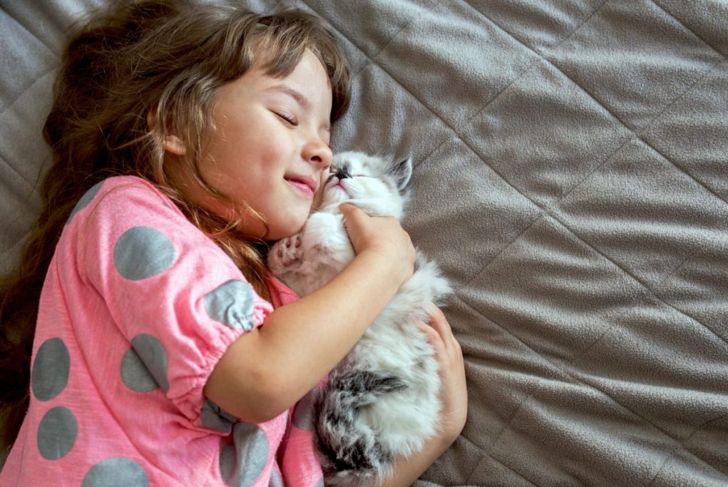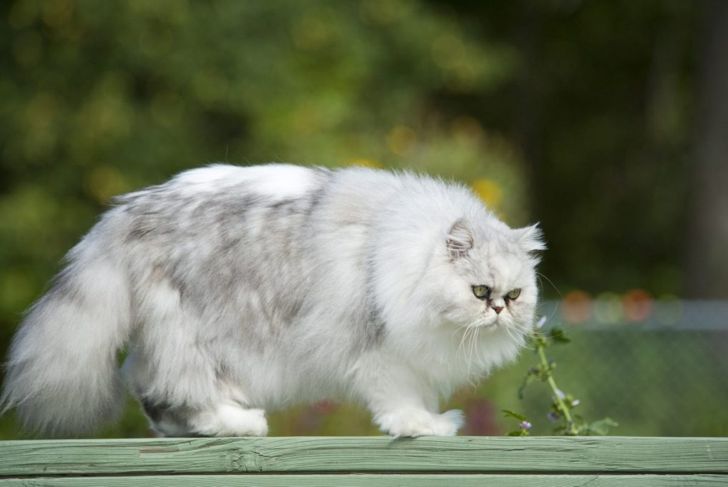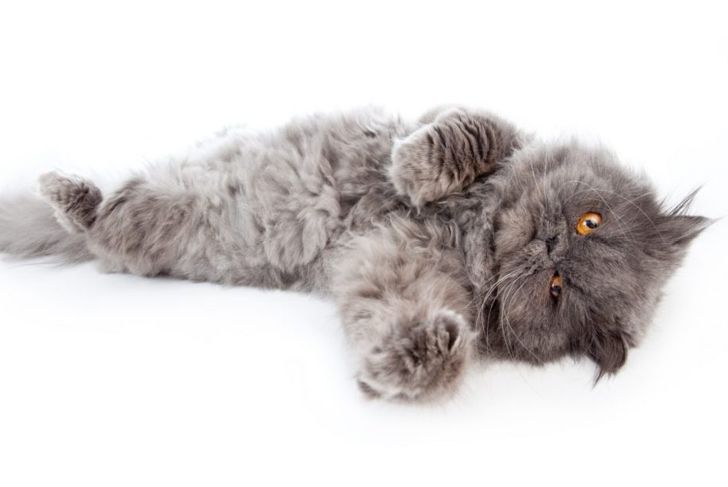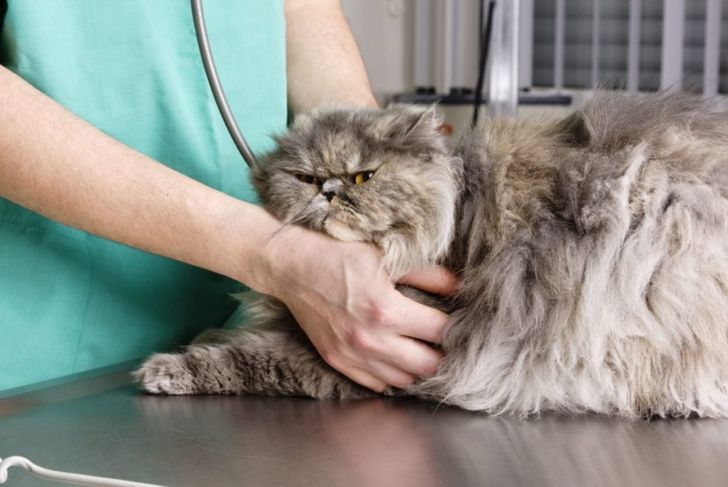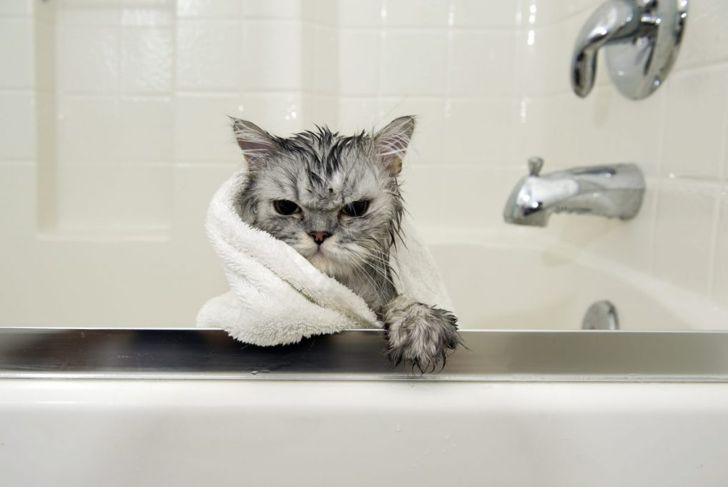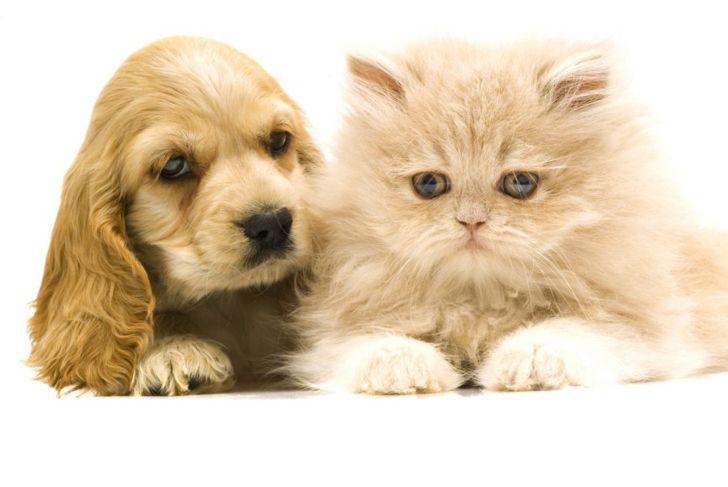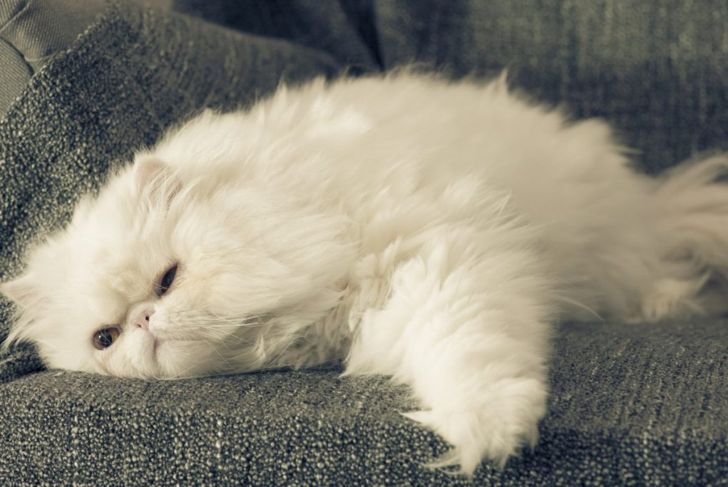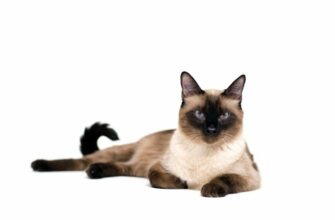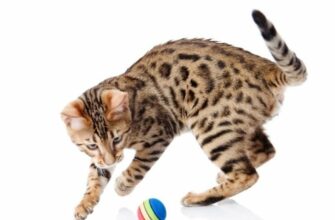Persians are the most popular breed of cat in North America. The Persian has a sweet face with a large, round head and large, round eyes. It has small, rounded ears, full cheeks, and a short nose. The breed is also known for its long, shiny coat that comes in many colors, including white, red, black, chocolate, cream, and lilac as well as in silver and gold shaded.All cats are individuals; just because a cat is a Persian doesn’t mean they will display every characteristic of the breed. However, here are some of the positive and negative characteristics Persian cats tend to have.
Persians Are Affectionate
Persians are affectionate with their family members. They love to sit in their owners’ laps while being pet or combed. However, a Persian is also discriminating; they won’t be greeting strangers at the door when they come to visit. Rather, the Persian will reserve her affection for her family and the few visitors she feels she can trust.
Persians Are Quiet
Persians have a sweet, melodious voice, but as a breed, they don’t tend to talk very much. Instead, they use their large, expressive, round eyes to communicate. Their eyes can be green, blue, copper, or hazel. A Persian will use her eyes to show her owner how much she loves her or to give her owner a disgruntled look if her dinner is late.
Persians Are Bush Dwellers
A Persian is happy to rule her world from the ground. Owners won’t have to worry about their Persian kitty climbing the curtains, jumping up onto shelves and knocking things down. Instead, owners can find their cats curled up on a chair, couch, or bed. Owners should provide soft beds and blankets on accessible furniture for their Persian cats to enjoy.
Persians Need Routine
All cats appreciate routine, but Persians especially need a consistent routine to be content. People who own Persians should feed them at the same time each day and try to keep a consistent routine in the home. Grooming should also be done on a consistent schedule. If an owner travels, she should hire a pet sitter who can keep a Persian’s routine as consistent as possible to minimize stress.
Persians Have Flat Faces
Persians have two different looks. The, Peke-face Persian possesses an extremely flat face. The Doll-face Persian’s face isn’t as flat as the Peke-face Persian’s.Persians with flat faces can develop eye problems. The breed has large, protruding eyes. When Persians blink, their eyelids may not completely close, which leaves their corneas exposed. As a result, these kitties may develop corneal inflammation (keratitis). This may predispose them to developing corneal sequestrum, a condition in which black pigment forms on the cornea. Corneal sequestrum is uncomfortable for cats and must be treated surgically.
Persians Tend to Get Dental and Facial Skin Problems
Flat-faced or brachycephalic cats, such as the Persian, often cannot bite and chew properly due to misalignment of the jaw and teeth. Not only does this cause eating issues, it can lead to dental problems as well.Additionally, brachycephalic cats may have deep folds of skin on their faces that they cannot keep adequately clean. Bacterial and fungal infections may result.Severe facial dermatitis can also develop in Persian cats. This condition often requires routine cleaning, grooming, and antibiotic treatment. Surgery may be necessary to correct skin folds in severe cases.
Persians Have Hereditary Conditions
Persians are predisposed to a variety of health issues, many of which can result from the structure of the breed’s head. Narrow nostrils and nasal passages can lead to noisy breathing or even breathing difficulties.Persian kitties are predisposed to the fungal infection, ringworm. They’re also prone to get a skin condition called seborrhea oleosa. The condition causes itchiness, redness, and hair loss.Persians may develop polycystic kidney disease in which multiple fluid-filled cysts form in the kidneys. Symptoms of the condition include increased thirst and urination, decreased appetite, weight loss, seizures, vomiting, muscle weakness, and death. The cysts’ rate of growth varies, but as the cysts destroy normal kidney tissue, chronic renal failure eventually occurs. A genetic test is available for polycystic kidney disease.
Persians Need Daily Grooming
Persians need to be combed daily. A metal-toothed comb works best for preventing tangles that could develop into painful mats, and removing loose fur. These cats should also have regular baths. Bathing a kitten from a young age will help her accept bath time. A cat-safe conditioner can be used to help keep the cat’s coat from drying out.Excessive tearing can also be problematic for Persian cats. Owners should wipe the corners of the eyes daily to prevent under-eye stains from developing.
Persians Like Calm Environments
Persians prefer a calm and quiet environment. They are generally okay with children who pet or comb them gently, but they may avoid the children when they get loud and boisterous. This breed enjoys gentle play, and she might even attend a child’s tea party. In general, Persians are okay with dogs who are not loud, do not chase them, or cause them stress.
Persians Are Not Attention Hogs
Persians love attention. As mentioned earlier, they love to sit on laps and be pet or combed by their owners. However, a Persian will not demand an owner’s attention. Instead, they are content to hang out on a chair, couch, or bed while an owner is busy around the house and will gladly accept and return affection when an owner is ready to give it.

 Home
Home Health
Health Diet & Nutrition
Diet & Nutrition Living Well
Living Well More
More